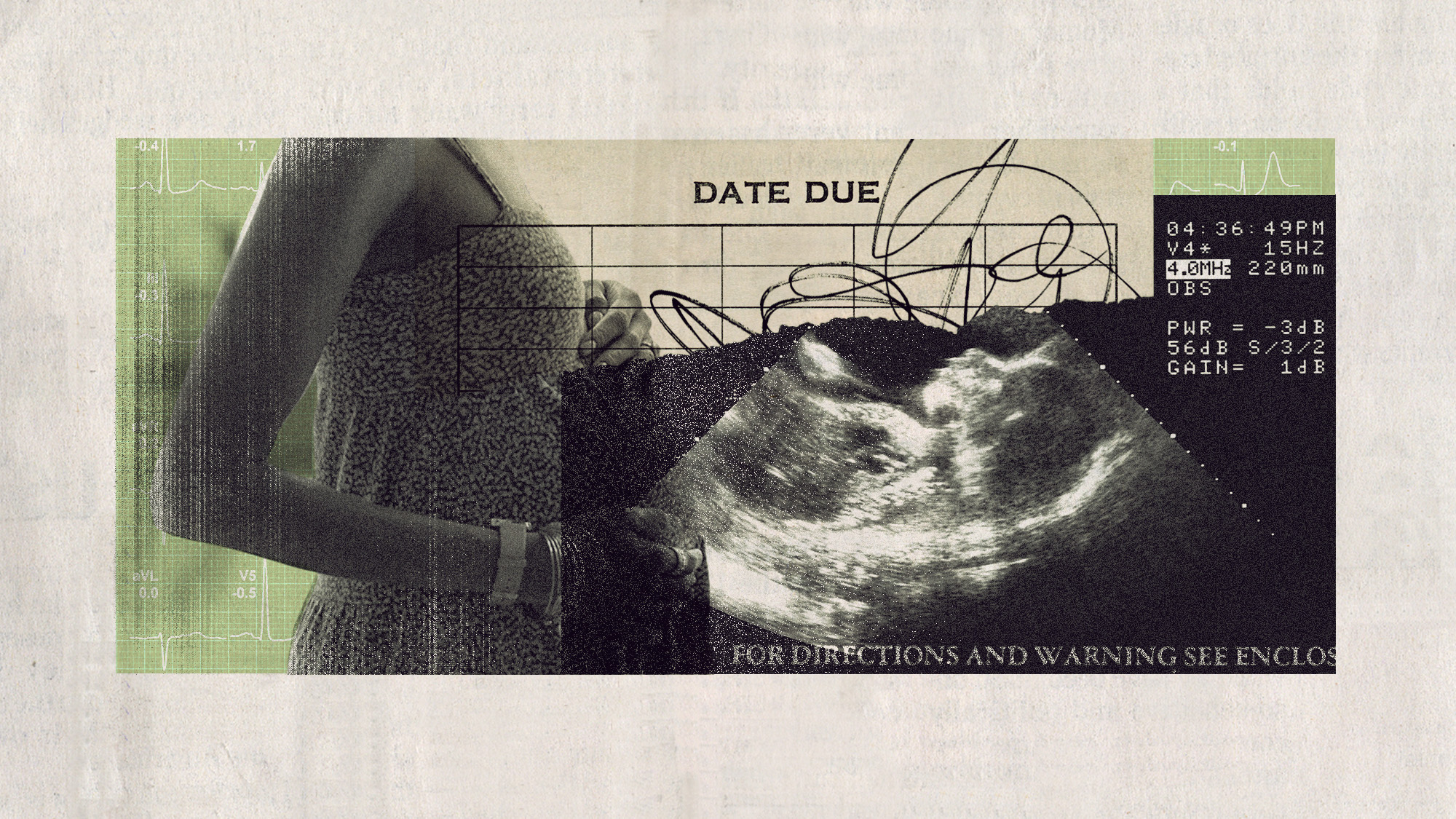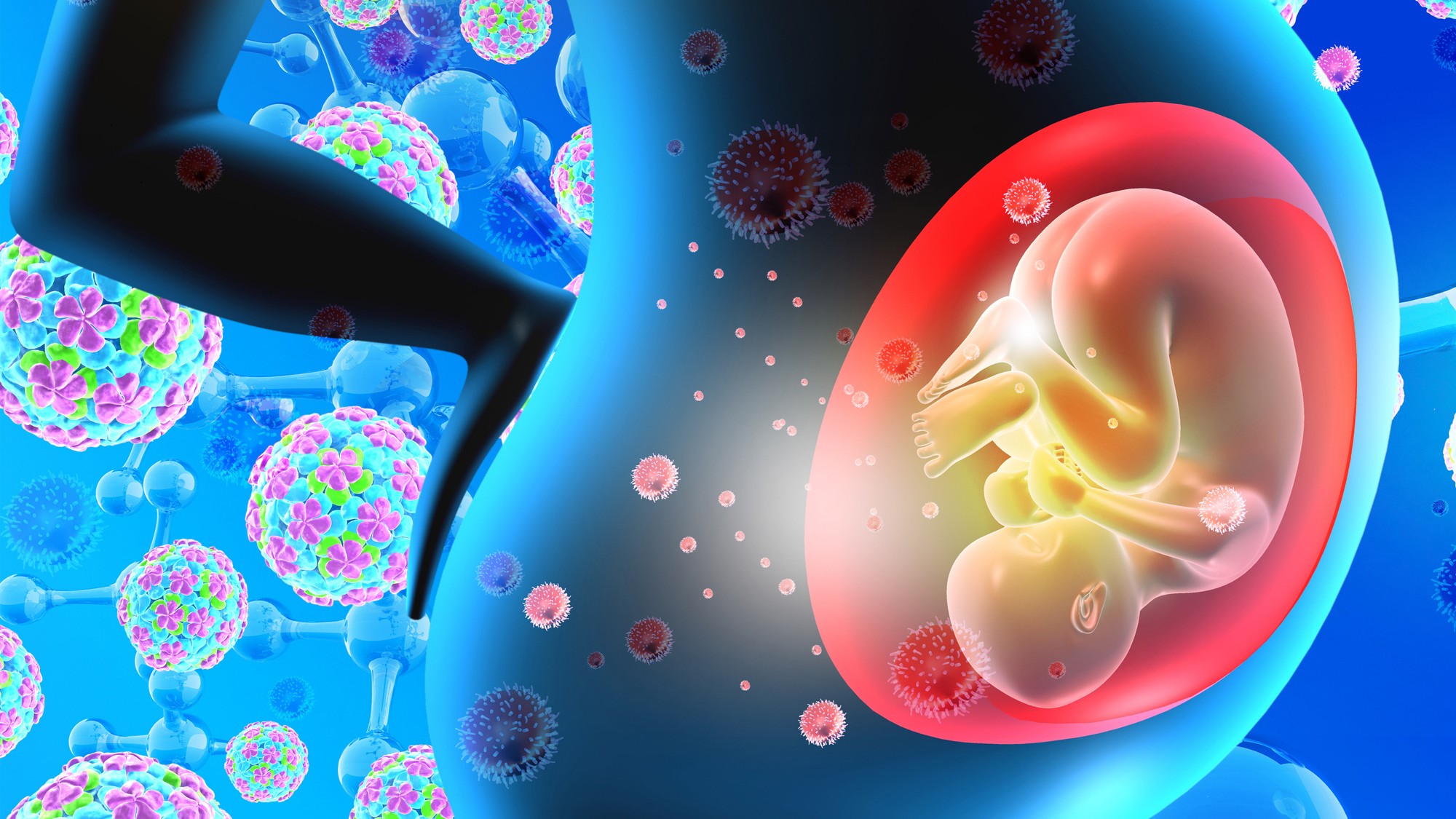How folic acid in flour can reduce birth defects in babies
Scientists find overwhelming evidence that the vitamin can help reduce birth defects

A free daily email with the biggest news stories of the day – and the best features from TheWeek.com
You are now subscribed
Your newsletter sign-up was successful
Health experts are urging the government to help reduce the number of babies born with birth defects by ensuring that folic acid is added to flour - a practice already mandatory in 81 other countries including the US.
“One in every 500 to 1,000 pregnancies in the UK is affected by life-changing neural tube defects, like anencephaly and spina bifida,” Sky News reports.
“Failing to fortify flour with folic acid to prevent neural tube defects is like having a polio vaccine and not using it,” said Professor Sir Nicholas Wald, the lead author of a new report into the fortification of flour with folic acid, part of the B vitamin family. The research was conducted by experts from Queen Mary University of London and the School of Advanced Study at University of London.
The Week
Escape your echo chamber. Get the facts behind the news, plus analysis from multiple perspectives.

Sign up for The Week's Free Newsletters
From our morning news briefing to a weekly Good News Newsletter, get the best of The Week delivered directly to your inbox.
From our morning news briefing to a weekly Good News Newsletter, get the best of The Week delivered directly to your inbox.
Under the UK’s 1998 Bread and Flour Regulations, white flour is already fortified with iron, calcium and some vitamins, and “researchers say the cost of adding folic acid would be pennies”, the BBC says.
The news site adds that the “idea of mandatory fortification has already been backed by health ministers in Wales, Scotland and Northern Ireland, but not England”.
The new research, published in the journal Public Health Reviews, “claims evidence for limiting intake of folic acid to no more than 1mg a day is out of date and flawed”.
The 1mg a day limit was “adopted after the findings from the US Institute of Medicine suggested those with vitamin B12 deficiency are at an increased risk of damage to the central and peripheral nervous system when consuming higher doses of folic acid”, says Scottish newspaper The Herald.
A free daily email with the biggest news stories of the day – and the best features from TheWeek.com
But new re-analysis of the data has found no such link.
-
 Political cartoons for February 16
Political cartoons for February 16Cartoons Monday’s political cartoons include President's Day, a valentine from the Epstein files, and more
-
 Regent Hong Kong: a tranquil haven with a prime waterfront spot
Regent Hong Kong: a tranquil haven with a prime waterfront spotThe Week Recommends The trendy hotel recently underwent an extensive two-year revamp
-
 The problem with diagnosing profound autism
The problem with diagnosing profound autismThe Explainer Experts are reconsidering the idea of autism as a spectrum, which could impact diagnoses and policy making for the condition
-
 ‘Zero trimester’ influencers believe a healthy pregnancy is a choice
‘Zero trimester’ influencers believe a healthy pregnancy is a choiceThe Explainer Is prepping during the preconception period the answer for hopeful couples?
-
 Stopping GLP-1s raises complicated questions for pregnancy
Stopping GLP-1s raises complicated questions for pregnancyThe Explainer Stopping the medication could be risky during pregnancy, but there is more to the story to be uncovered
-
 Choline: the ‘under-appreciated’ nutrient
Choline: the ‘under-appreciated’ nutrientThe Explainer Studies link choline levels to accelerated ageing, anxiety, memory function and more
-
 The controversial Free Birth Society
The controversial Free Birth SocietyThe Explainer Influencers are encouraging pregnant women to give birth without midwife care – at potentially tragic cost
-
 The rise in unregulated pregnancy scans
The rise in unregulated pregnancy scansUnder The Radar Industry body says some private scan clinics offer dangerously misleading advice
-
 Cytomegalovirus can cause permanent birth defects
Cytomegalovirus can cause permanent birth defectsThe Explainer The virus can show no symptoms in adults
-
 RFK Jr. scraps Covid shots for pregnant women, kids
RFK Jr. scraps Covid shots for pregnant women, kidsSpeed Read The Health Secretary announced a policy change without informing CDC officials
-
 Preeclampsia: The dangerous pregnancy condition is affecting more women
Preeclampsia: The dangerous pregnancy condition is affecting more womenUnder the Radar The condition of preeclampsia is on the rise and can be deadly if left untreated